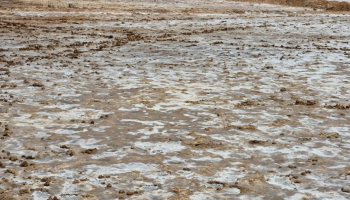What are you looking for?
SW&FS partnership: Tackling salinity around the world
As part of the Saline Water & Food Systems Partnership (SW&FS), a series of projects have been launched in recent years. These initiatives support SW&FS’s broader mission to address salinity challenges in low- and middle-income countries while fostering stronger collaboration between the Dutch water and agrifood sectors. The following is a summary of the projects and their main outcomes.
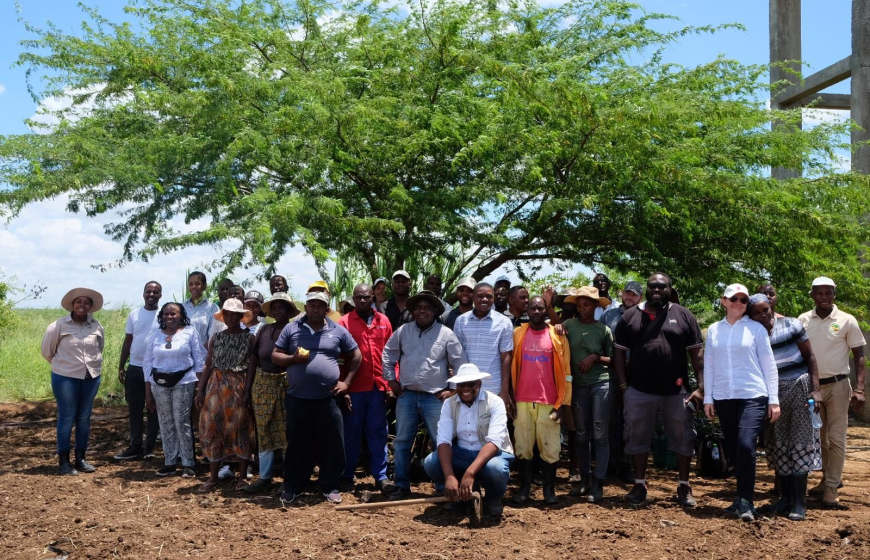
Contact

Martijn van Staveren
Project Manager
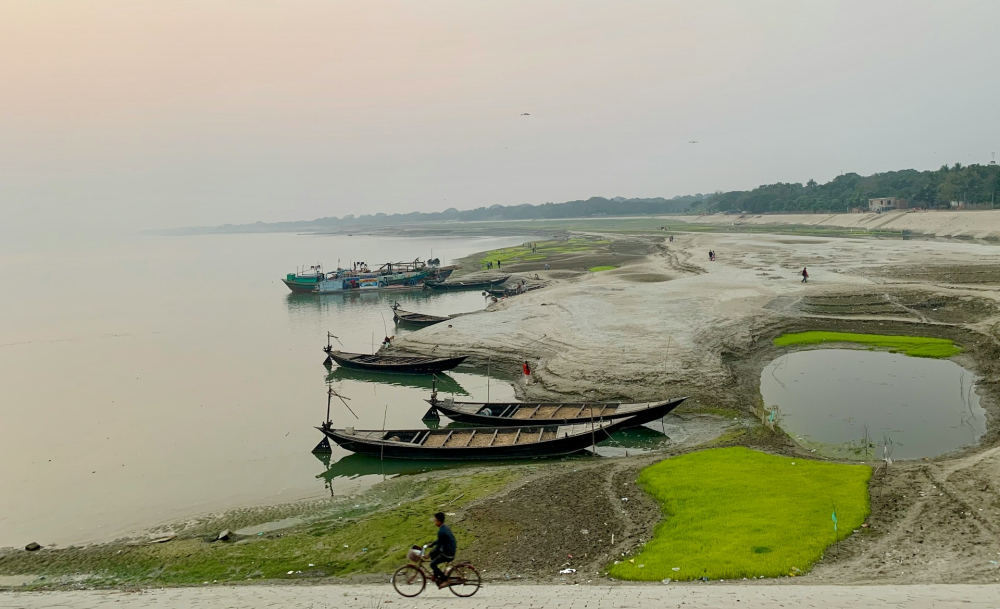
Bangladesh delta: Salinity Transition Approach for Progress (STAP)
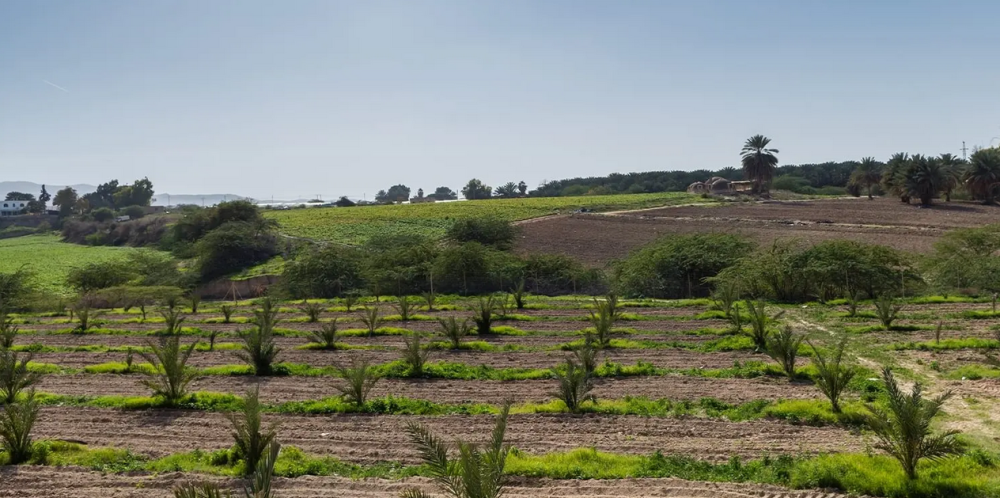
Regenerative farming and digital tools for salinity control in Egypt, Iraq, and Jorda
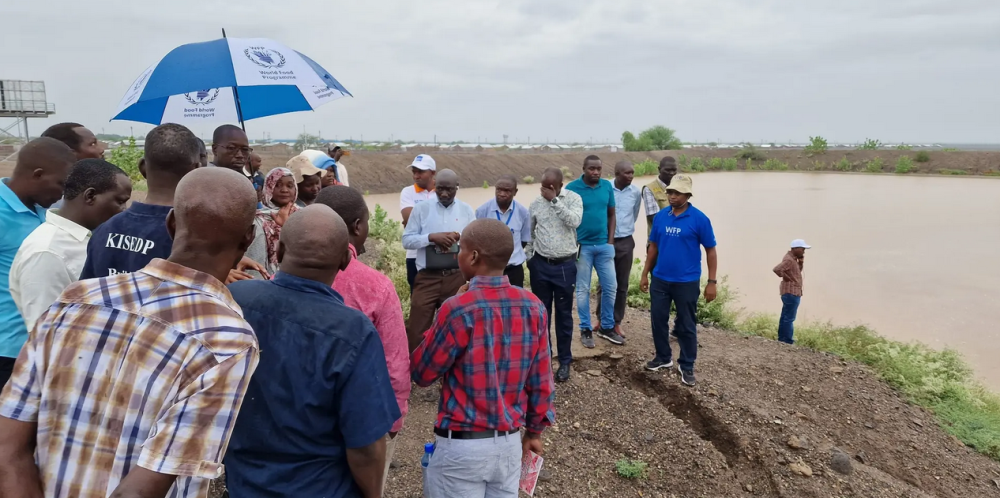
Saline agriculture and halophyte agri-ecologies in Turkana, Kenya
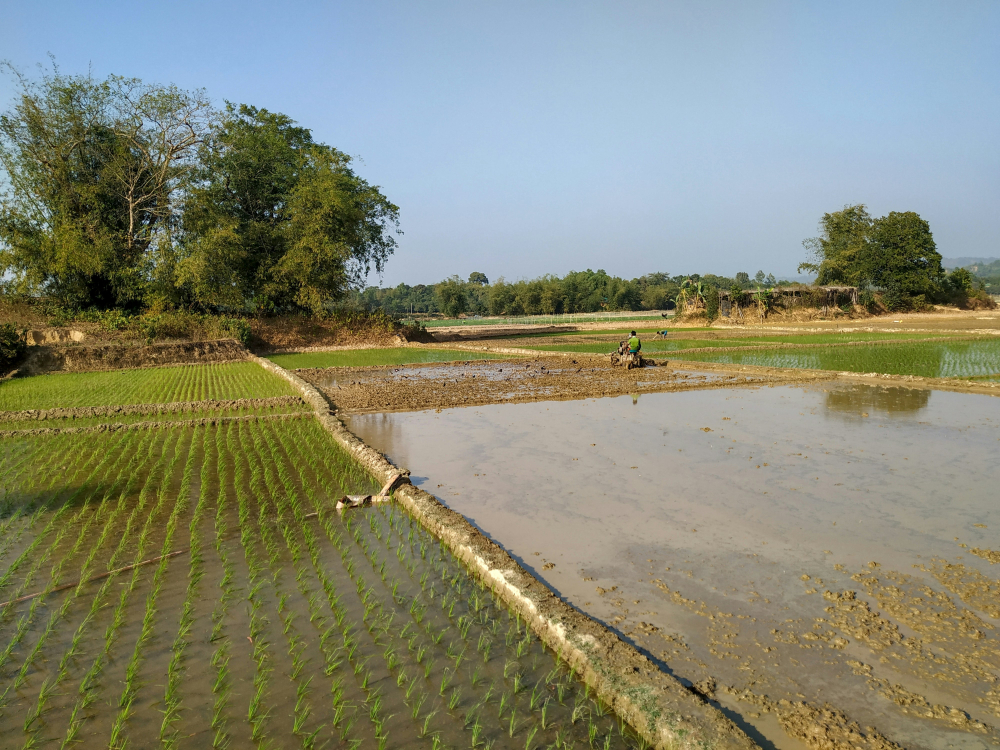
Dealing with the global challenges of salinisation
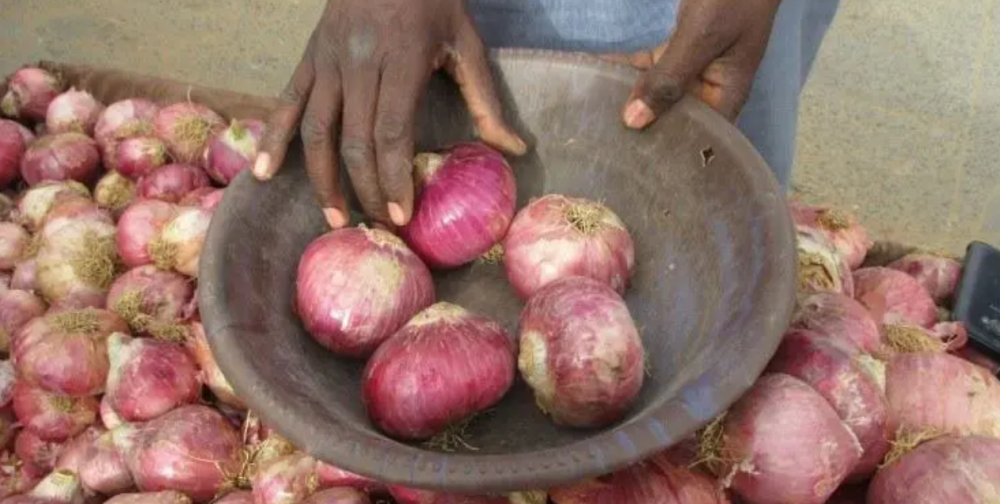
Strengthening the onion value chain in Senegal
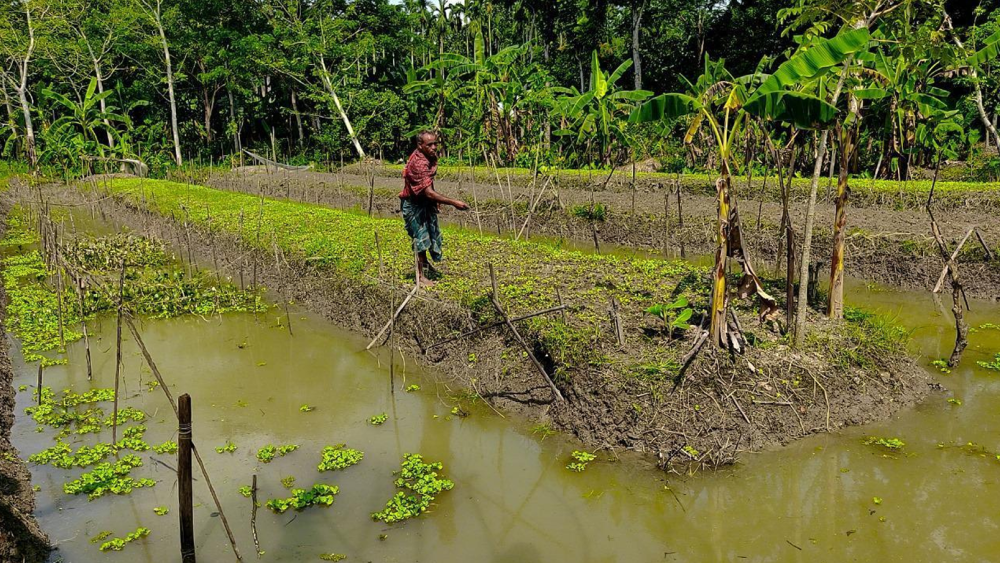
Farming technology in salt-afftected areas
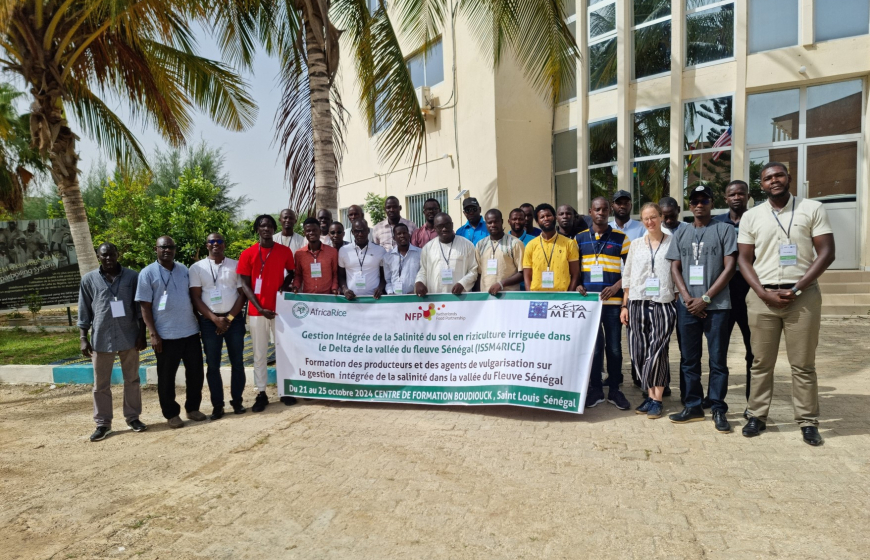
Seed money project in Senegal
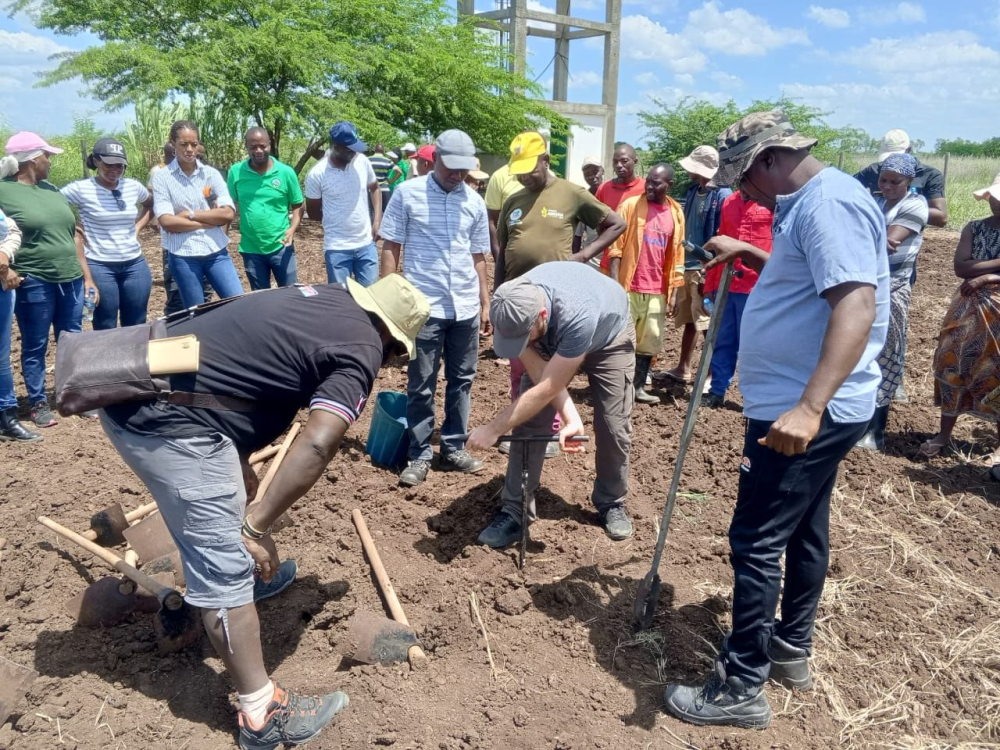
Mozambican Saline Agriculture Research and Practice
